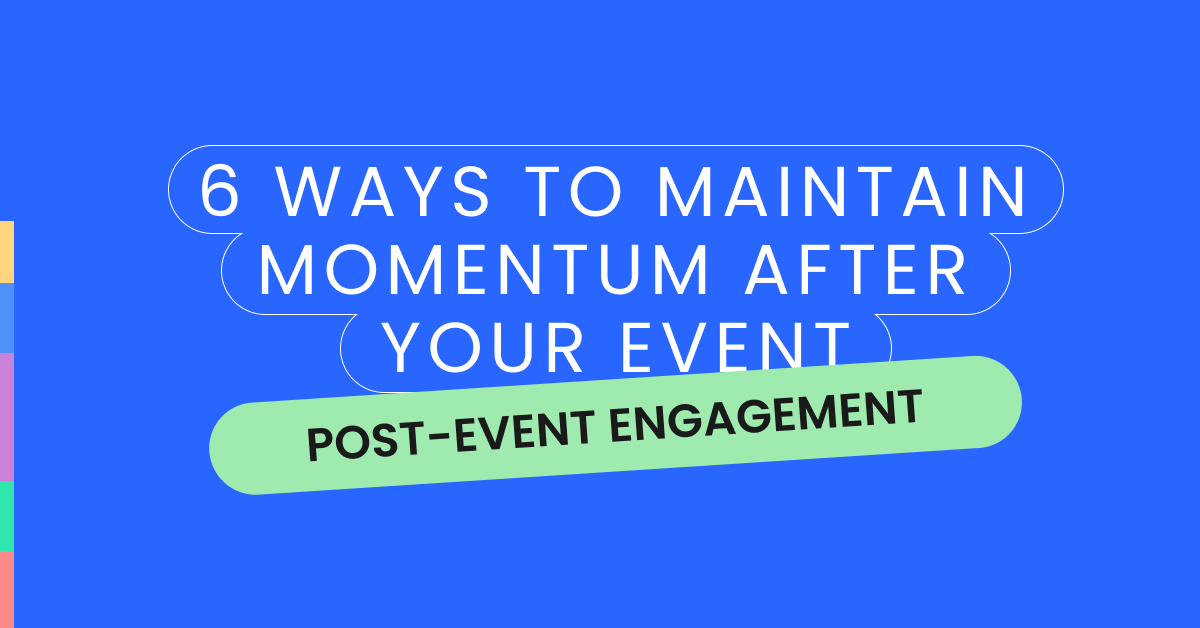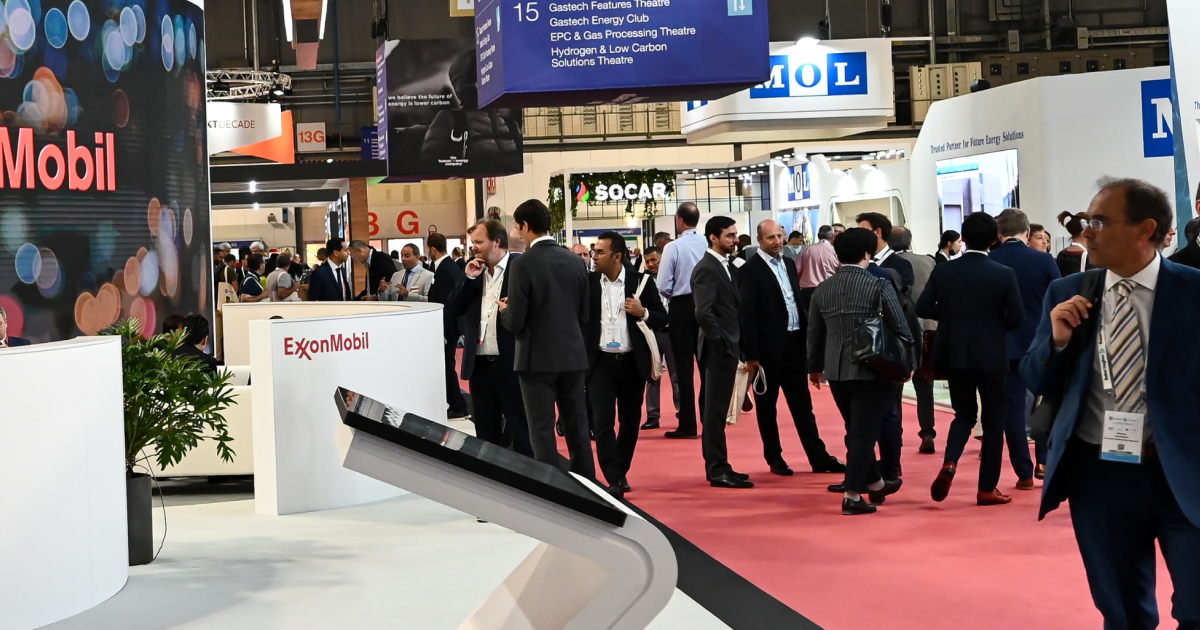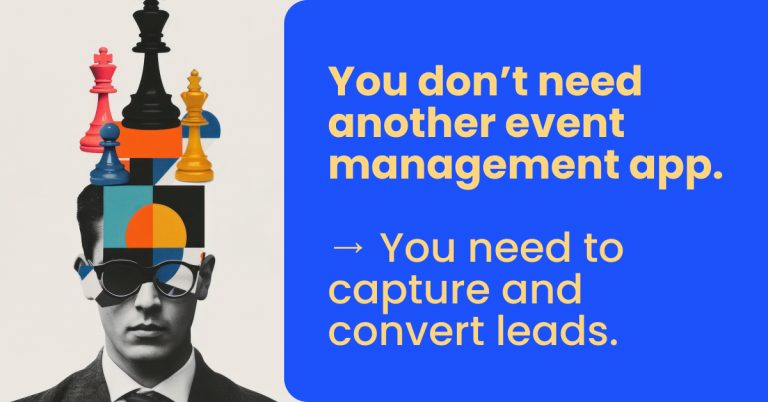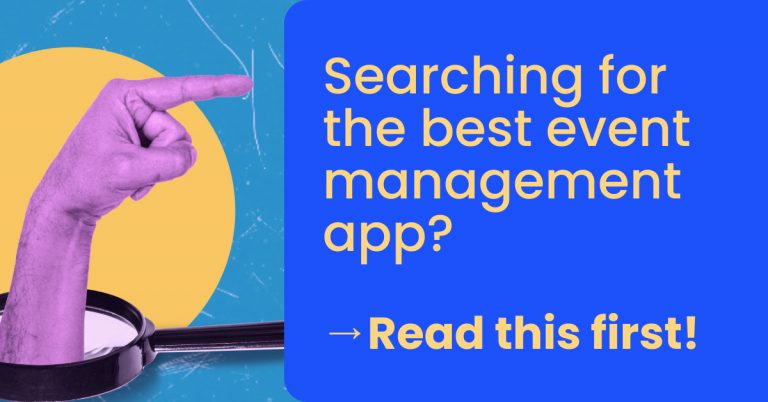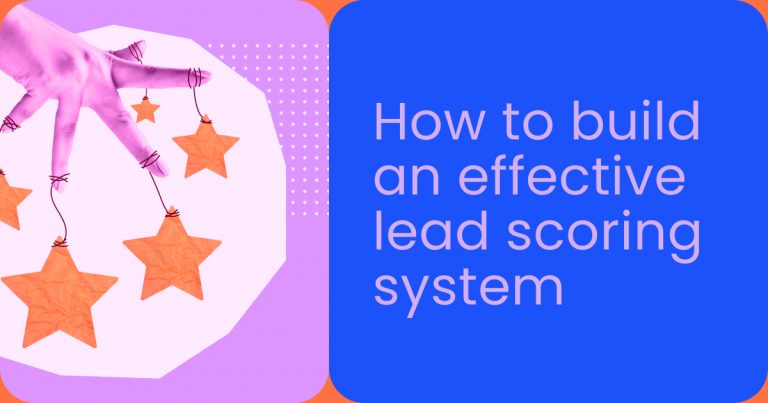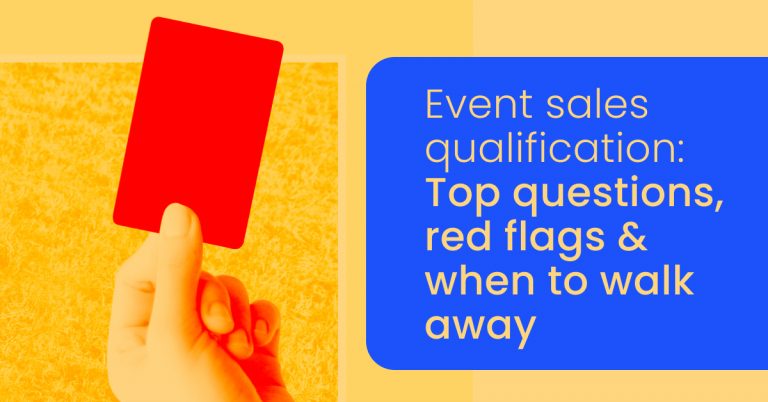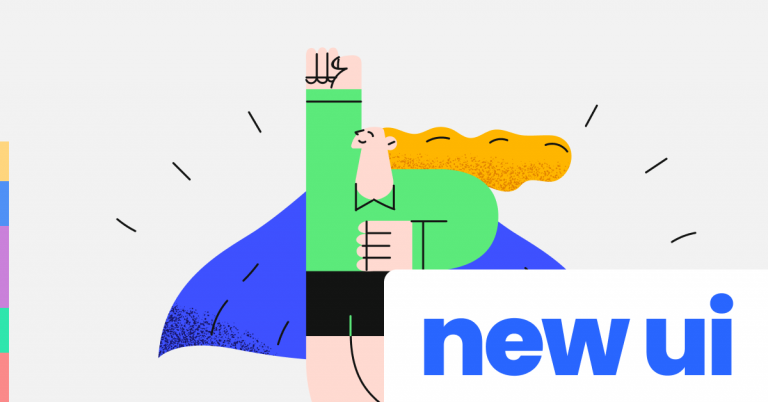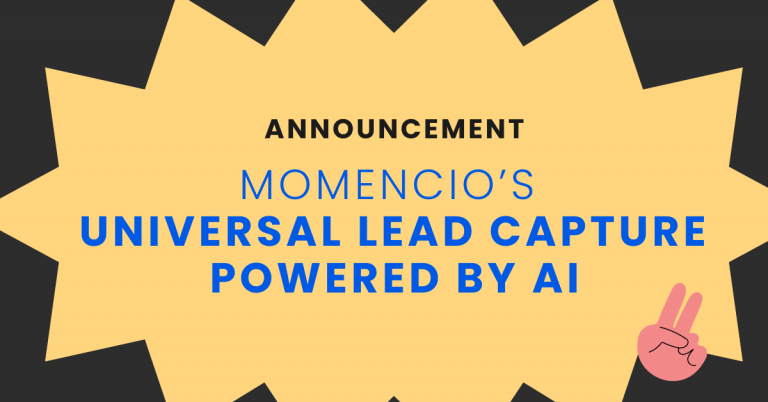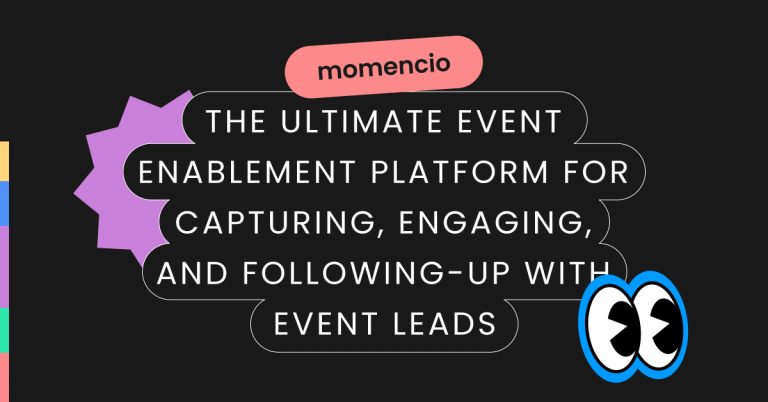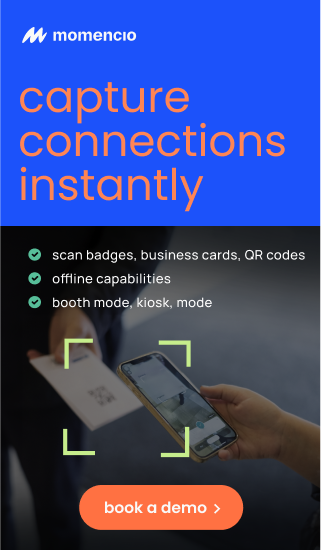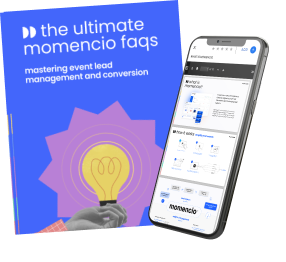Why is nurturing relationships after events crucial for maximizing ROI? As events conclude, the interaction shouldn’t just end; it should transform into a stepping stone for building deeper relationships. According to a recent study by EventMB, 85% of event organizers cite email follow-ups as their top tool for converting one-time attendees into regular participants. This highlights a critical opportunity—post-event engagement isn’t just about thanking attendees; it’s about continuing the dialogue that the event began.
Through strategic follow-ups, engaging content, and community building, organizers can enhance attendee loyalty, gather valuable feedback, and drive a higher return on investment. This approach ensures that the momentum from the event isn’t lost but is instead used to foster a community around your brand, paving the way for future interactions and sustained engagement. Discover Strategies for Post-Event Data Utilization: Fueling Growth and Engagement
Why Post-event Follow-up is Important
Extending the lifecycle of your event
The period following an event is crucial for solidifying the connections made and the impressions formed during the event. This phase can significantly extend the lifecycle of your event by transitioning short-term interactions into long-term relationships. Effective post-event engagement strategies not only remind attendees of the value they gained but also set the stage for future interactions. This could involve a series of targeted communications that provide additional resources, such as whitepapers, detailed case studies, or exclusive videos that delve deeper into the topics covered.
The extended engagement helps maintain the event’s momentum and keeps your brand at the forefront of attendees’ minds. It’s about creating a narrative that continues to evolve post-event, which can lead to better customer retention, enhanced brand loyalty, and more significant opportunities for upselling and cross-selling. Moreover, by continuing the conversation, you can transform one-time attendees into repeat participants and even brand advocates.
Transforming attendees into community members
Post-event engagement is essential in building a community around your event’s theme or your brand’s ethos. This transformation from attendee to community member is facilitated by consistent and valuable interaction that goes beyond the event itself. For instance, you can invite attendees to exclusive online forums or membership clubs where they can discuss industry topics, share insights, and connect with like-minded professionals.
Creating a community requires more than just sending out thank-you emails. It involves a strategic approach where every communication is crafted to reinforce the community’s values and the benefits of staying engaged. Regular webinars, interactive Q&A sessions with experts, and user-generated content contests can all play a part in keeping the community active and engaged.
Effective community management also involves listening to the community members, understanding their needs, and adapting your strategies to meet these needs. This might include providing them with tools for networking, opportunities for professional development, or platforms for showcasing their expertise.
Building sustained engagement through content
To keep your community engaged, it’s crucial to deliver content that is both relevant and valuable. This could involve a series of post-event content pieces that address unresolved questions from the event, provide deeper insights into presented topics, or explore related subjects that pique the interest of your audience. You can leverage analytics tools to understand what topics resonated most during the event and tailor your content accordingly.
Furthermore, consider the format of your content. Interactive content, such as webinars or live-stream discussions, can generate more engagement compared to static posts. Video content, especially, has been shown to maintain viewer interest and increase engagement levels significantly. Providing varied content formats not only caters to different learning styles but also keeps the content dynamic and more engaging.
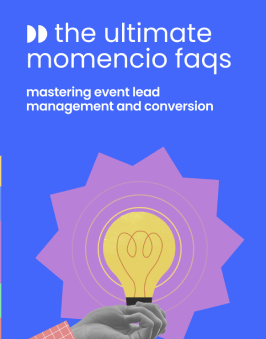
Post-event Follow-up
6 Ways to Maintain Momentum After Your Event
- Personalized Email Campaigns: Segment your attendee list and send personalized follow-up emails that resonate with different interests and interactions noted during the event.
- Engaging and Diverse Content Creation: Develop a variety of content types such as videos, blog posts, infographics, and downloadable resources that continue the learning and engagement from the event.
- Community Building Initiatives: Create and nurture online forums or social media groups where attendees can discuss event topics, network with each other, and share their insights and experiences.
- Interactive Follow-up Activities: Organize webinars, live Q&A sessions with speakers, and interactive challenges that encourage ongoing participation and learning.
- Utilization of Feedback for Improvement: Actively collect and analyze attendee feedback to improve future events and tailor follow-up content and activities to meet attendee needs better.
- Ongoing Networking Opportunities: Provide platforms and opportunities for attendees to connect and network beyond the event, enhancing professional relationships and building a vibrant community.
Let’s dive into these strategies…
– Leveraging Technology for Effective Follow-ups
Email marketing strategies
Email remains one of the most effective tools for post-event communication due to its directness and efficiency. To maximize the impact of your email campaigns, it’s essential to segment your audience based on their interests, engagement level during the event, and demographic information. This segmentation allows for more personalized communications that are tailored to the specific needs and interests of different attendee groups.
For example, attendees who participated actively in Q&A sessions can receive more detailed information on the topics they inquired about, while those who showed interest in specific products or services can receive tailored offers or invitations to exclusive demos.
CRM and personalized communication
A robust Customer Relationship Management (CRM) system is invaluable for managing post-event follow-ups effectively. By integrating your event management platform with a CRM, you can automate much of the follow-up process, ensuring timely and relevant communication with each attendee. This might include setting up automated emails that trigger based on specific attendee actions, such as downloading a presentation or visiting a booth.
Personalization extends beyond just addressing attendees by name. It involves understanding their specific needs and providing solutions that meet these needs. Data gathered during the event through registrations, sessions attended, and interactions at booths can help create detailed attendee profiles in your CRM. These profiles are then used to tailor follow-ups, ensuring that each communication feels relevant and personal to the recipient.
– Creating Engaging Content to Keep the Conversation Going
Content creation post-event is crucial for maintaining interest and engagement. The right kind of content can not only remind attendees of the value they gained but also enhance their understanding and application of the knowledge shared during the event.
Content types that work best post-event
Different types of content can serve various purposes in post-event engagement:
- Educational Content: Follow-up with in-depth articles, downloadable guides, or e-books that expand on the topics covered during the event. These resources should provide additional value that attendees couldn’t get during the event itself, deepening their knowledge and encouraging application.
- Video Content: Video highlights from the event, including key speeches, panel discussions, and attendee testimonials, serve as great reminders of the event’s atmosphere and key takeaways. Additionally, creating how-to videos or webinars that build on event content can help maintain engagement.
- Interactive Content: Develop interactive quizzes or assessments that help attendees gauge what they learned and how they can apply it. This type of content is engaging and can provide immediate value to attendees, keeping the event’s lessons top of mind.
Utilizing social media platforms
Social media is an excellent tool for extended engagement:
- Ongoing Discussions: Create social media groups or hashtags to encourage discussions about the event topics. This not only keeps the conversation going but also helps build a community around your brand or event theme.
- Live Sessions: Host live sessions with speakers or panelists for a deeper dive into event topics or to cover new developments related to the event content. This keeps your event fresh in the minds of attendees and provides continuous learning opportunities.
- User-Generated Content: Encourage attendees to share their event experiences or how they have applied what they learned. This not only provides you with content to share but also builds a sense of community and shared learning.
– Building Communities Around Your Event
Creating a community around your event or brand is a strategic move that can yield significant benefits in terms of attendee loyalty and engagement.
Forums and social groups
Dedicated forums or social media groups provide a space for attendees to connect, share resources, and discuss topics of interest. This ongoing engagement can transform a one-off event into a continuous community of practice, driving deeper connections and providing ongoing value.
- Regular Updates: Keep the community active with regular updates, shared resources, or tips related to the event topics.
- Community Challenges: Organize challenges or mini-projects that members can participate in. This keeps the community engaged and allows members to apply what they learned at the event.
Incentives for ongoing interaction
Providing incentives for continued engagement can significantly boost participation and interaction within your community.
- Exclusive Offers: Give community members access to exclusive content, early-bird discounts on future events, or free trials of products or services.
- Recognition Programs: Implement a recognition program to highlight and reward the most active community members. This not only motivates continued participation but also encourages others to get more involved.
– Analyzing Feedback to Improve Future Events
The feedback collected from attendees post-event is invaluable for improving future events and tailoring your follow-up strategies.
Tools for collecting and analyzing feedback: Utilize surveys, polls, and feedback forms to gather insights from attendees. Tools like SurveyMonkey, Google Forms, or even direct feedback features within your event app can provide a structured way to collect this data.
- Real-Time Feedback: Leverage tools that offer real-time feedback capabilities during the event to make immediate adjustments and gauge attendee satisfaction as it happens.
Turning insights into action: Analyzing the feedback allows you to understand what worked and what didn’t, providing a clear path for improvement.
- Actionable Insights: Use analytics to identify trends and patterns in feedback. This can help prioritize areas for improvement or highlight successful elements of the event that can be expanded in future iterations.
- Continuous Improvement: Incorporate a strategy for regular review and action on feedback. This demonstrates to attendees that their input is valued and that they are contributing to the evolution of the event.
Read our comprehensive Q&A guide on post-event engagement
Conclusion
Effectively engaging attendees post-event is not just about extending gratitude; it’s about continuing the conversation, deepening relationships, and building a community that sees ongoing value in your offerings. By leveraging tailored content, technology, and community-building strategies, you can transform one-time attendees into long-term advocates and participants in your brand’s journey.
FAQs
- What are the best tools for post-event engagement?
- CRM systems like Salesforce, marketing automation tools like HubSpot, and communication platforms like Slack or Microsoft Teams are essential for maintaining engagement.
- How soon should you follow up after an event?
- Ideally, initial follow-up should happen within 24-48 hours after the event, with further strategic communications spread out over the following weeks.
- What types of content keep attendees engaged?
- Mix educational, entertaining, and interactive content to cater to different preferences and maximize engagement.
Don’t let the momentum of your event fade away. Embrace momencio today to revolutionize your event marketing strategy and lead the management process, ensuring every attendee interaction is an opportunity for growth. Contact us now to see how we can help you maintain momentum and build lasting relationships post-event.

